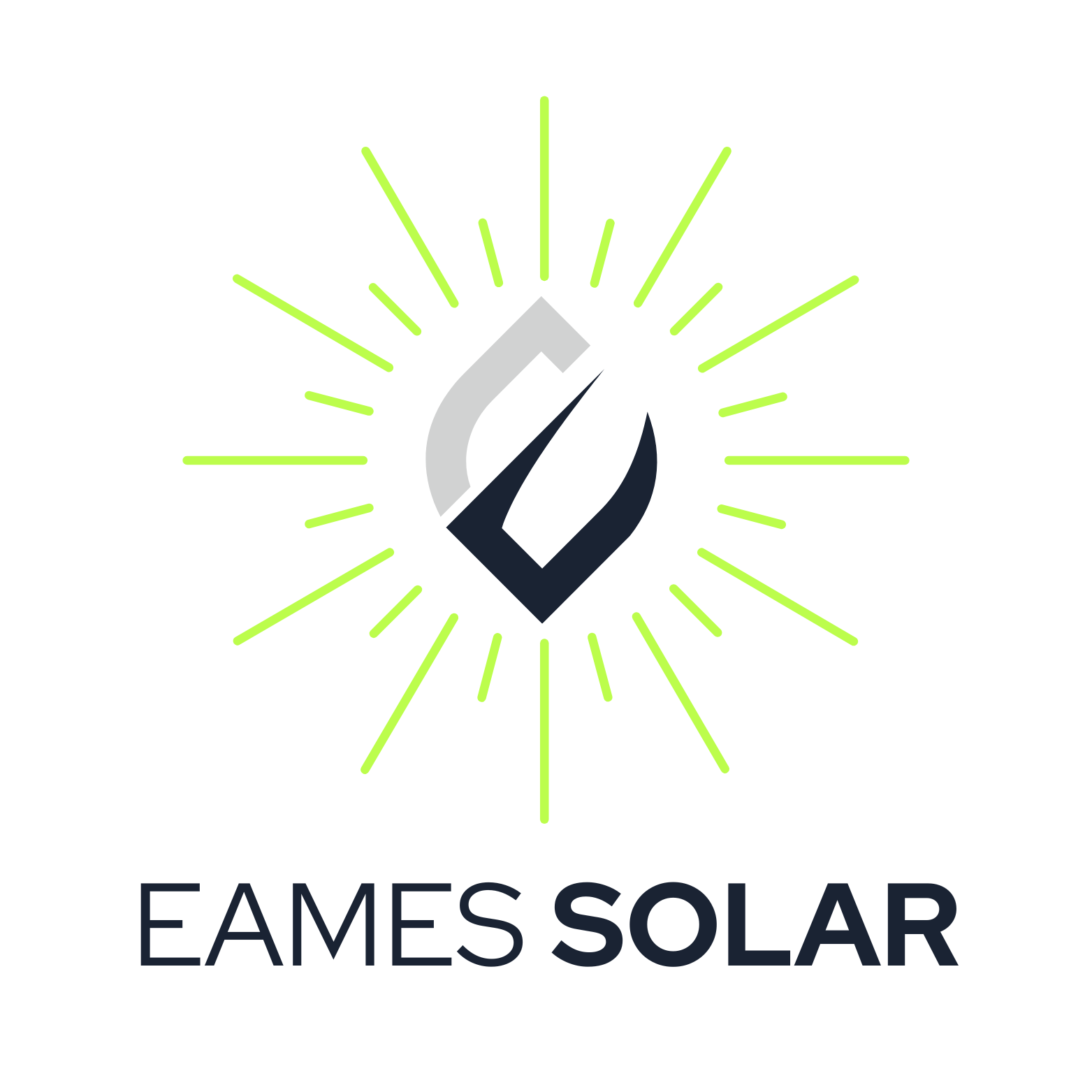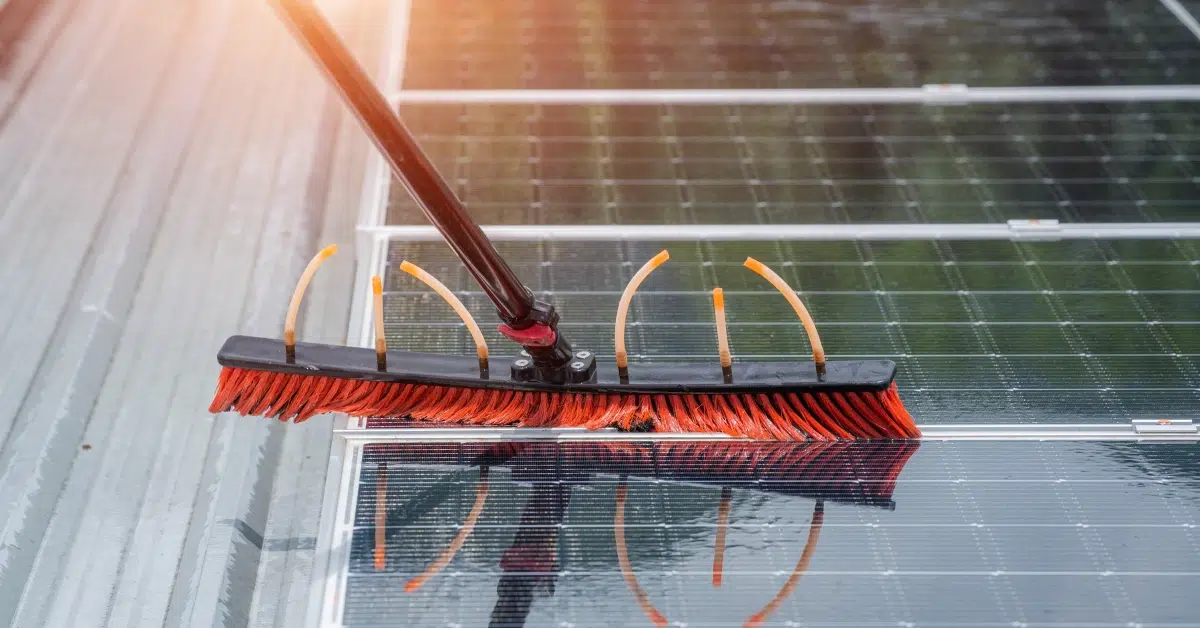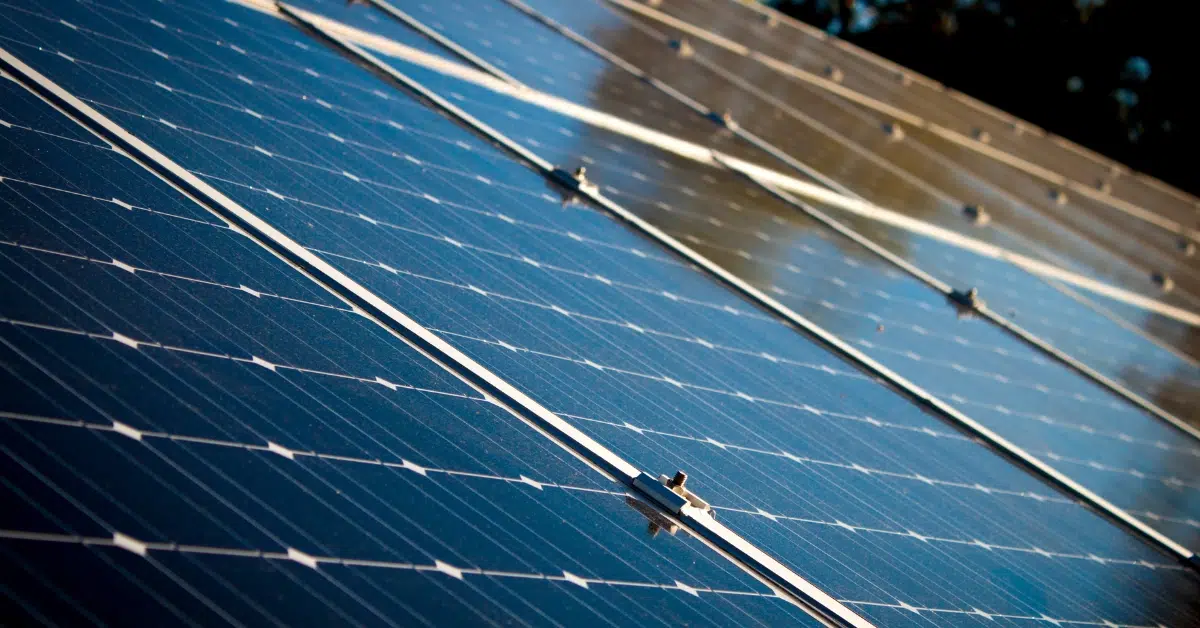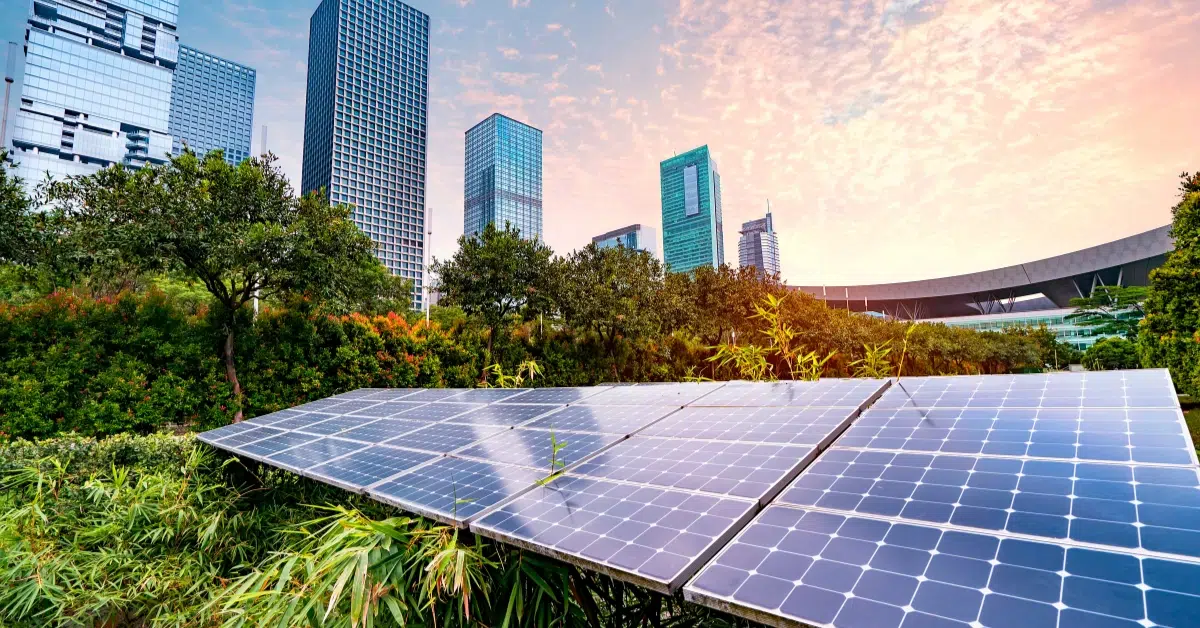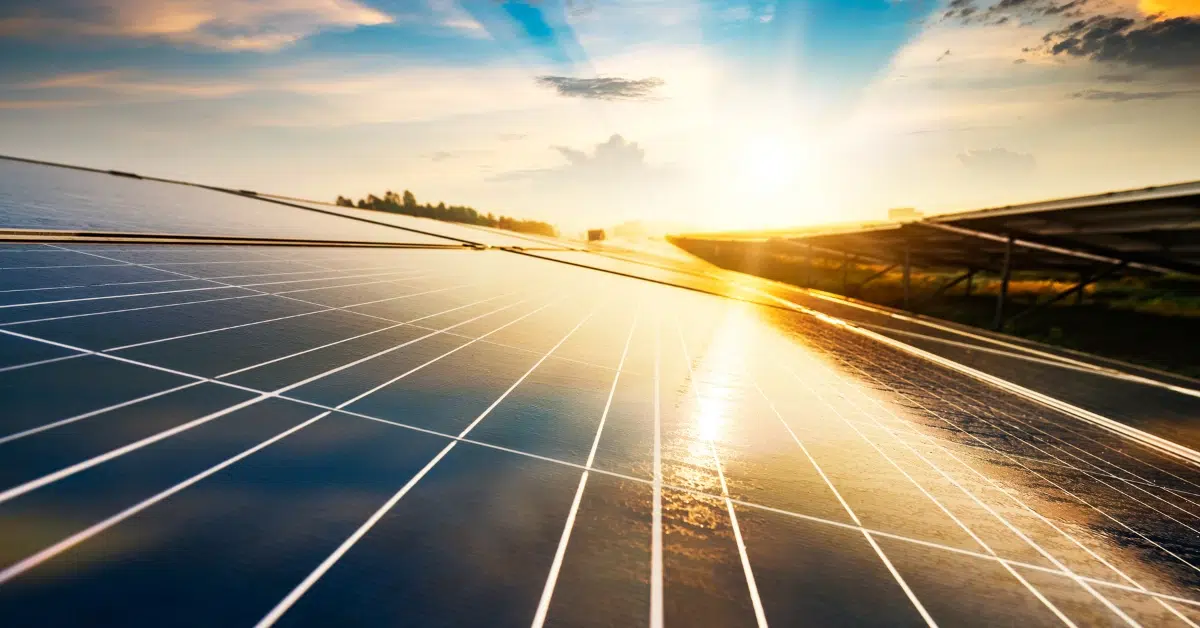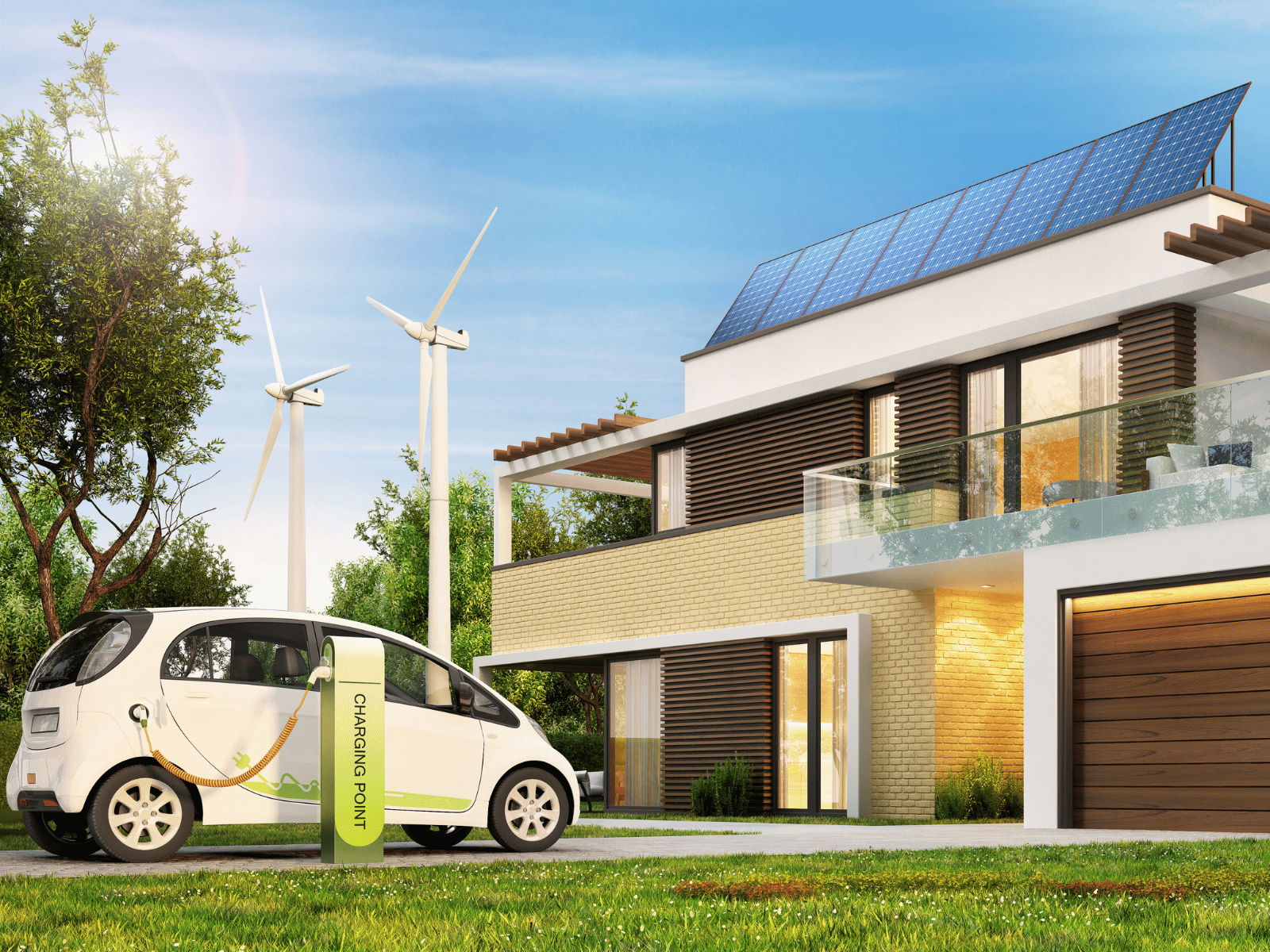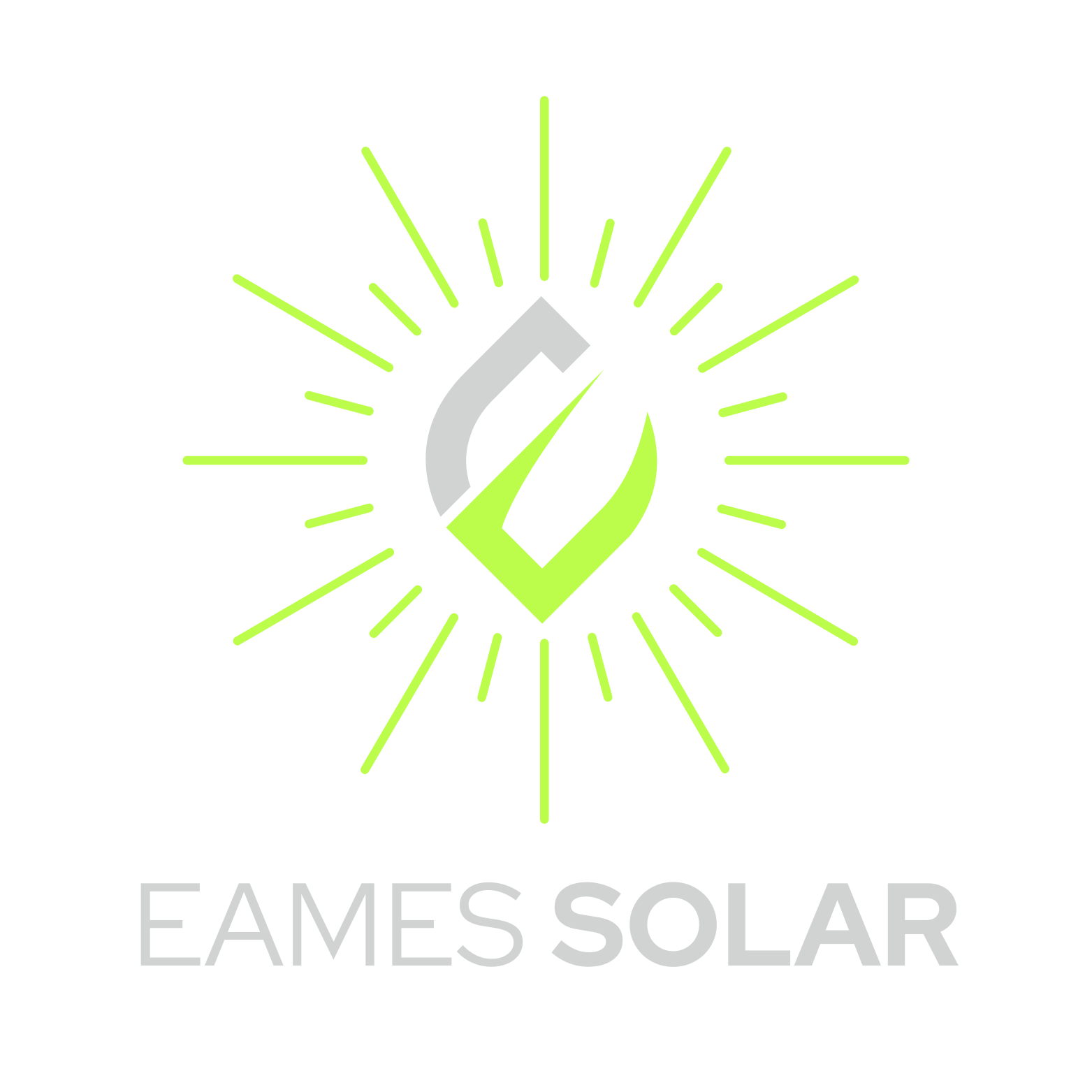Maintaining clean solar panels for is essential for optimal energy production. Two common maintenance methods are using a solar panel cleaning brush or employing a pressure washer. This article compares these approaches to help you choose the best method for your solar panels.
Understanding Solar Panel Maintenance Methods with a Solar Panel Cleaning Brush
Solar Panel Brush
A solar panel cleaning brush is specifically designed to clean the surface of solar panels as recommended by the Department of Energy . These brushes typically feature soft bristles to prevent scratching and often come with extendable handles to reach panels installed at various heights. Some models can be connected to a water source, allowing for a gentle flow of water during cleaning. This method is manual, giving you full control over the pressure applied to the panels.
Pressure Washer
A pressure washer uses a high-pressure stream of water to remove dirt and debris. While effective for cleaning driveways and siding, using a pressure washer on solar panels requires caution. The high pressure can potentially damage the panels if not used correctly. Some pressure washers have adjustable settings, but even at lower pressures, there’s a risk of harming the delicate surfaces of solar panels.
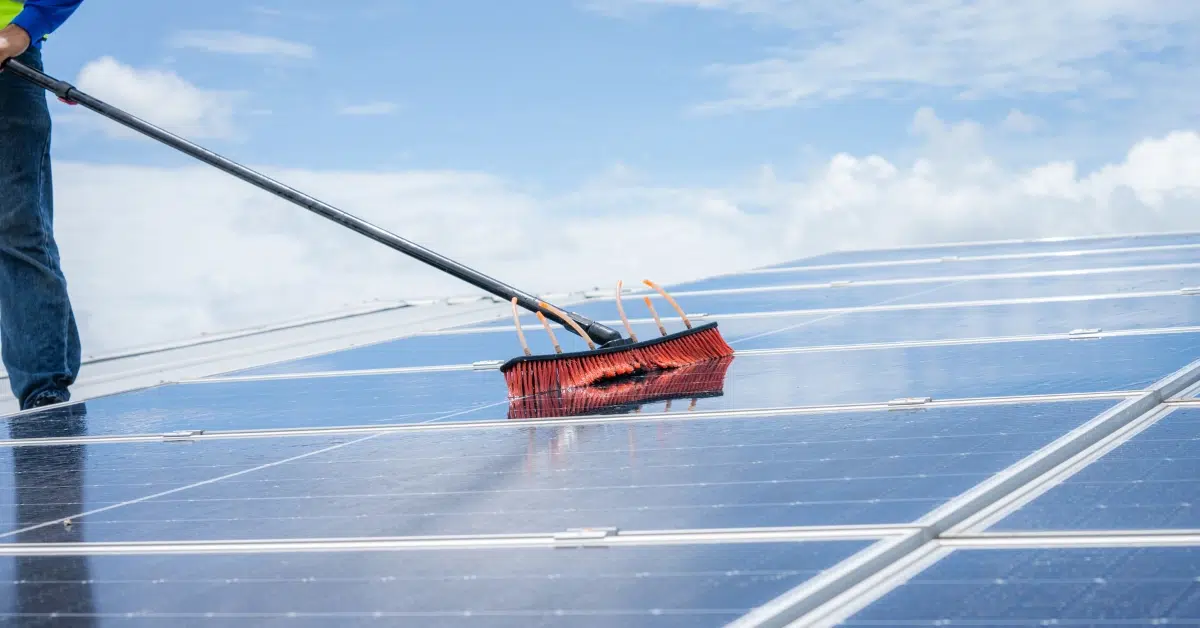
Effectiveness in Cleaning
Removing Dirt and Debris with a Solar Panel Cleaning Brush
Both methods aim to remove dirt, dust, bird droppings, and other debris that can accumulate on solar panels. A solar panel cleaning brush allows for targeted cleaning, enabling you to focus on specific areas with stubborn grime. The manual nature of brushing ensures gentle pressure, reducing the risk of damage. In contrast, a pressure washer can quickly cover large areas, effectively removing loose dirt, but may not be suitable for all types of debris and can potentially cause damage.
Impact on Energy Efficiency
Clean solar panels operate more efficiently, as dirt and debris can block sunlight and reduce energy production. Regular cleaning with a brush helps maintain optimal performance by ensuring panels are free from obstructions. While a pressure washer can also clean panels, the potential for damage may outweigh the benefits, especially if the panels are not heavily soiled.
Safety Considerations
Risk of Damage When Using a Solar Panel Cleaning Brush
Using a solar panel brush minimizes the risk of damage, as you control the pressure and can avoid applying excessive force. The soft bristles are designed to clean without scratching. On the other hand, pressure washers can exert high pressure that may crack or dislodge panels, especially if used improperly. Manufacturers often advise against using pressure washers on solar panels for these reasons.
Personal Safety When Using a Solar Panel Cleaning Brush
Cleaning solar panels, especially those installed on rooftops, poses safety risks. Using a cleaning brush with an extendable handle allows you to clean panels from the ground, reducing the need to climb ladders. In contrast, operating a pressure washer requires careful handling to avoid slips and falls, as the force of the water can be challenging to control.
Cost and Maintenance
Initial Investment in a Solar Panel Cleaning Brush
Solar panel cleaning brushes are generally affordable, with prices varying based on features such as extendable handles and water-fed capabilities. Pressure washers are typically more expensive, and purchasing one solely for cleaning solar panels may not be cost-effective.
Ongoing Maintenance of a Solar Panel Cleaning Brush
Maintaining a cleaning brush is straightforward, usually requiring simple rinsing after use. Pressure washers, however, require regular maintenance to ensure proper function, including checking hoses, nozzles, and pressure settings. Improper maintenance of a pressure washer can lead to malfunctions that may cause damage during cleaning.
Environmental Impact
Water Usage with a Solar Panel Cleaning Brush
Using a solar panel cleaning brush connected to a water source allows for controlled water usage, minimizing waste. Some brushes are designed to use water efficiently, ensuring that only the necessary amount is used during cleaning. Pressure washers, while effective, can consume more water due to the high-pressure output, leading to increased water usage.
Chemical Use with a Solar Panel Cleaning Brush
Cleaning with a brush typically involves water and, if necessary, mild, eco-friendly detergents, reducing the introduction of harmful chemicals into the environment. Pressure washers may require specialized cleaning agents to remove stubborn stains, which can have environmental implications if not handled properly.
Conclusion
When deciding between a brush and a pressure washer , it’s essential to consider factors such as effectiveness, safety, cost, and environmental impact. A solar panel brush offers a controlled, gentle, and cost-effective method for maintaining your panels, minimizing the risk of damage and ensuring optimal performance. While pressure washers can clean large areas quickly, the potential risks and higher costs may make them less suitable for solar panel maintenance. Regular cleaning with the appropriate tools will help you maximize the efficiency and lifespan of your solar panels.
